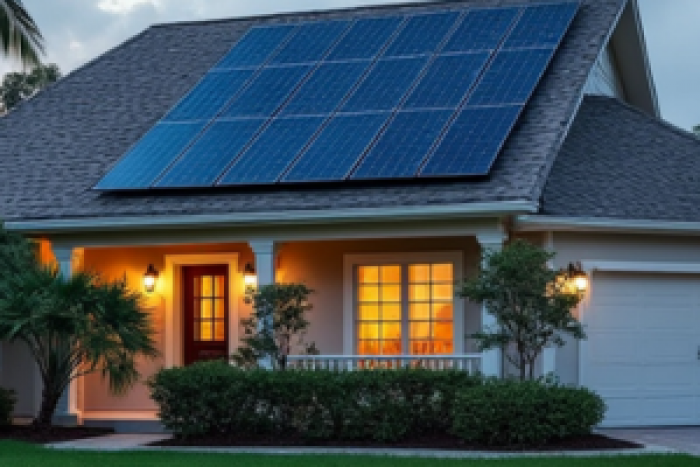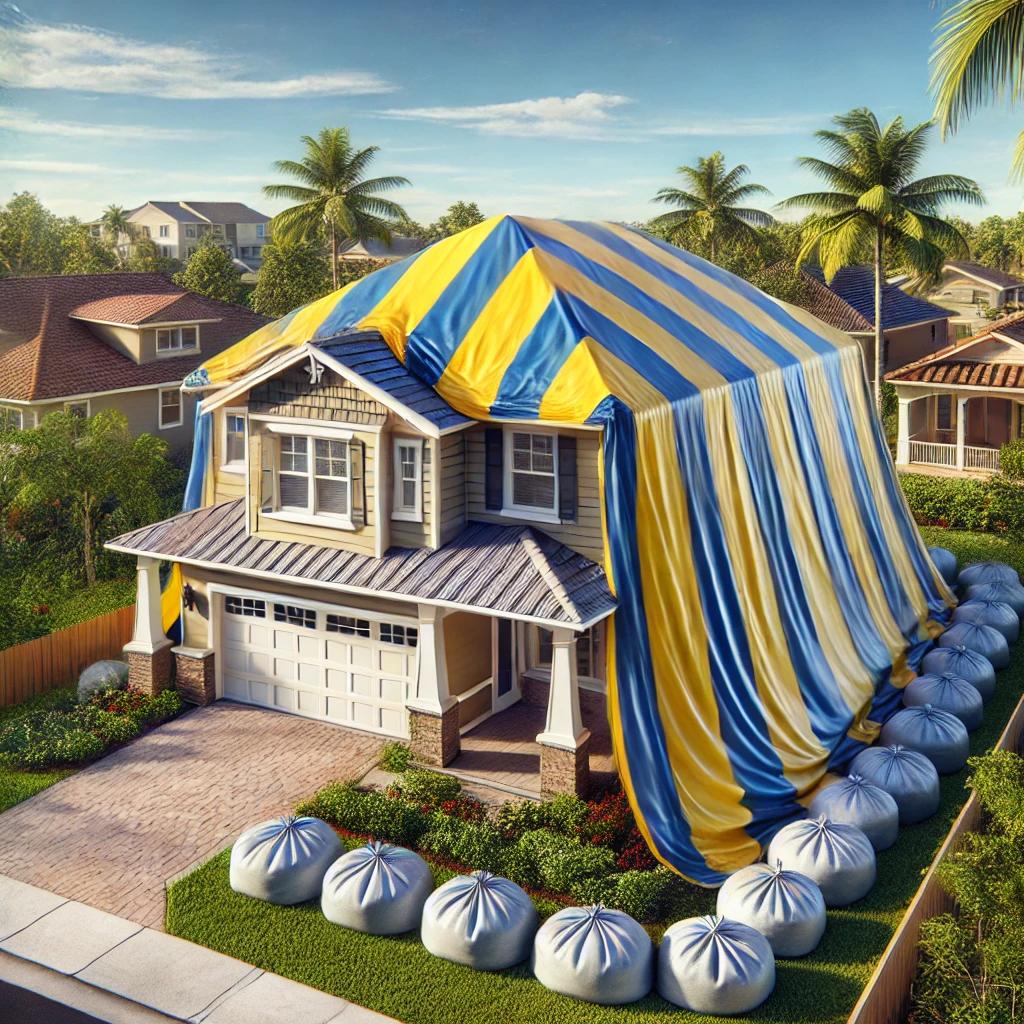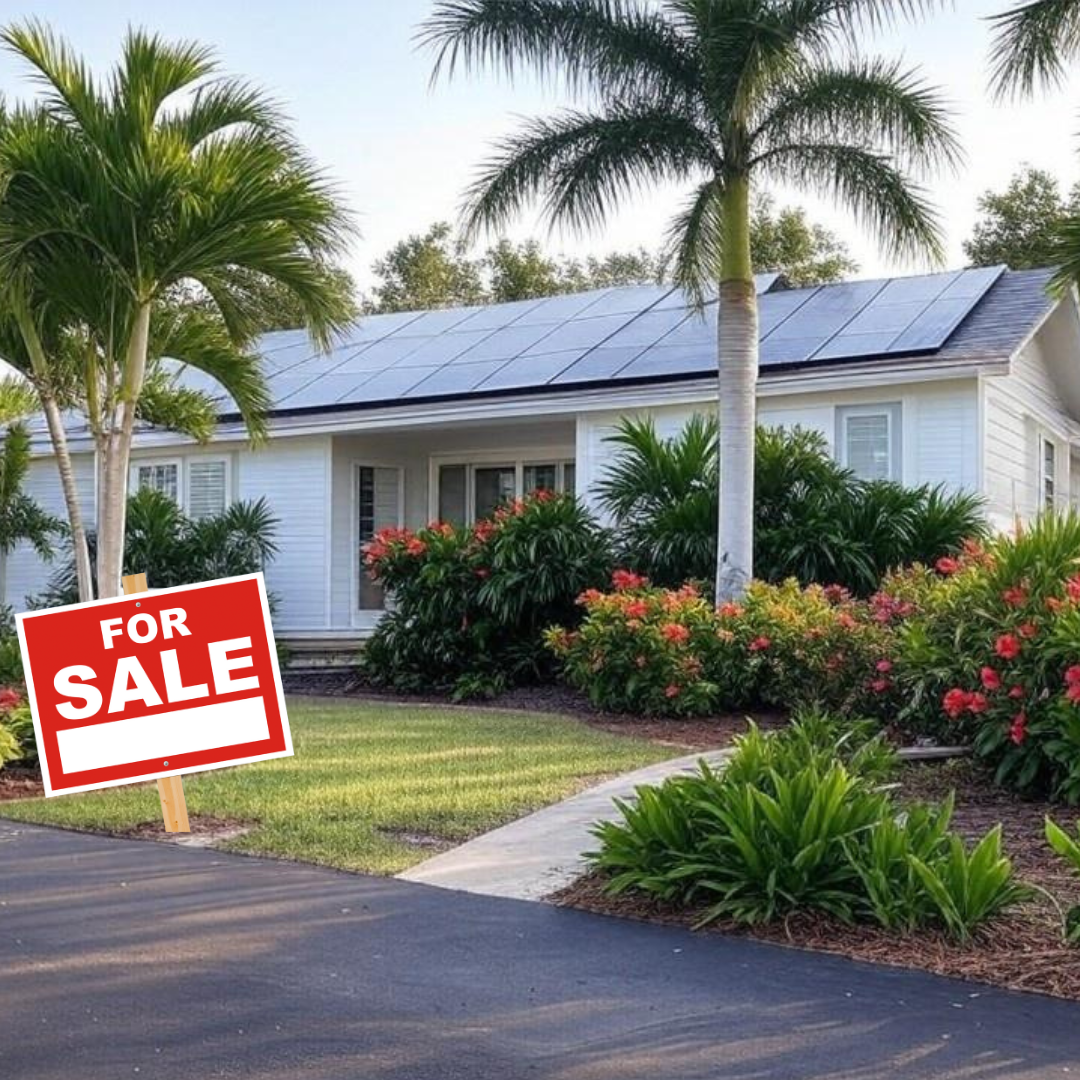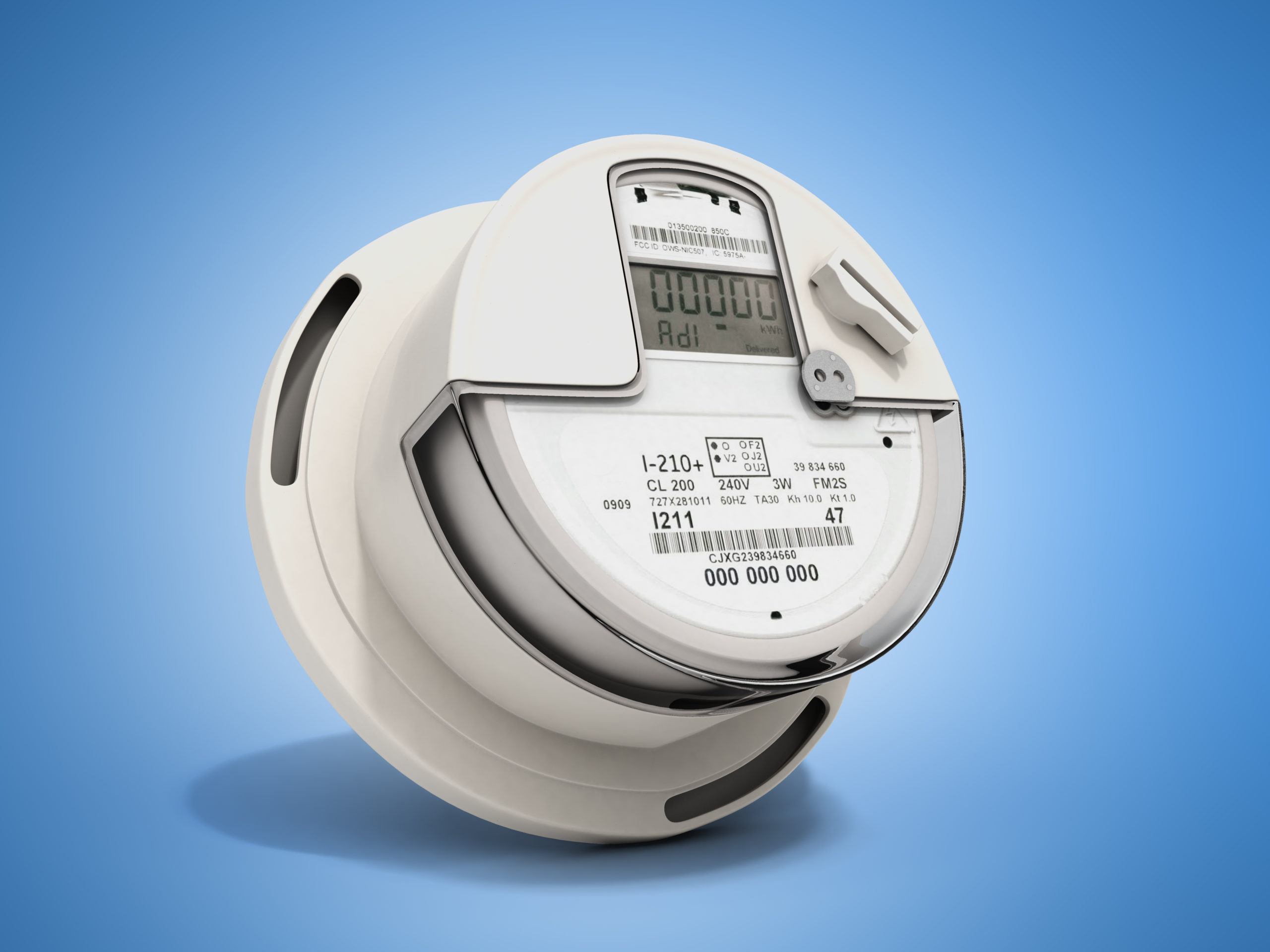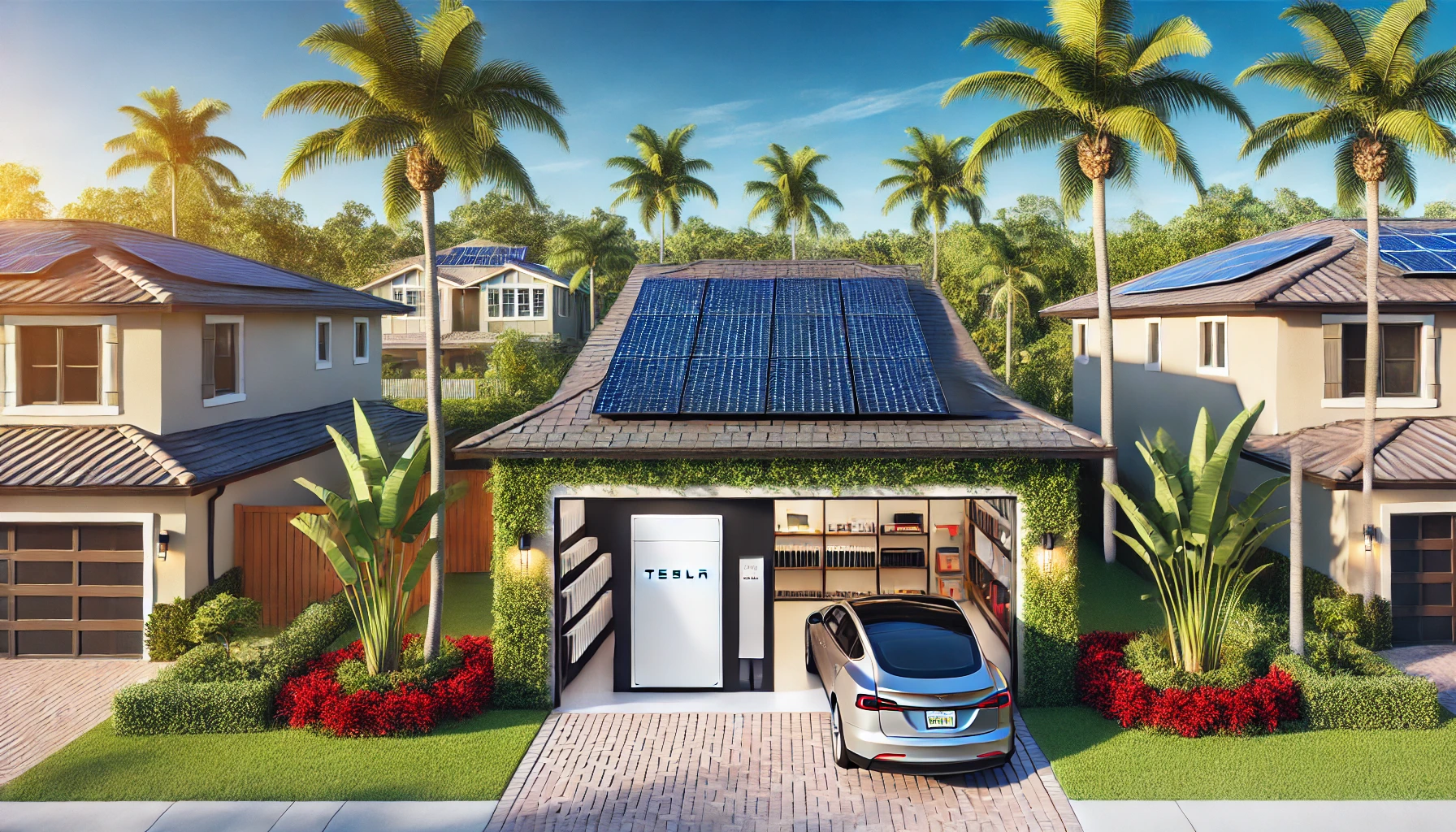As Hurricane Milton, a Category 5 storm, heads toward Florida, it’s crucial to prepare not just your home but also your solar energy system. Solar power systems are generally built to withstand severe weather, but there are specific steps you can take to ensure your system is ready for the storm. Below is a comprehensive guide to preparing your solar system for a hurricane, whether you have a backup battery or not.
1. General Preparations for All Solar Systems
Regardless of whether your home is equipped with a battery backup, there are a few key preparations every homeowner should consider:
- Do Not Attempt to Remove Solar Panels: Your solar panels are installed to endure high wind speeds, often rated for up to 167 mph or more. Trying to remove them can cause more harm than good.
- Document Everything: Take photos of your home and solar panels for insurance purposes, in case any damage occurs during the storm.
- Beware of Scammers: After hurricanes, unlicensed contractors often target vulnerable homeowners with fraudulent offers. Always verify that any contractor working on your home is licensed and insured. Use the Department of Business and Professional Regulation website to verify a license.
2. Homes With Battery Backup
If your solar system is connected to a battery backup like Tesla Powerwall, Enphase, or FranklinWH, here’s how to prepare:
- Storm Watch Mode: Most systems will automatically enter a “storm watch” mode as the hurricane approaches, charging your battery to 100% from the grid and putting it on standby. If the grid power goes out, your battery will immediately take over.
- Conserve Energy: Pay attention to the state of charge of your battery. During the storm, minimize energy usage by only running essential appliances. When the sun is shining, you can use more energy, as your battery will recharge from the solar panels.
- Utilize Extra Energy: If your battery hits 100% charge and it’s a sunny day, make use of the excess energy by pre-cooling your home, running the pool pump, or doing laundry. Without grid power, any extra solar energy generated cannot be stored and will go to waste.
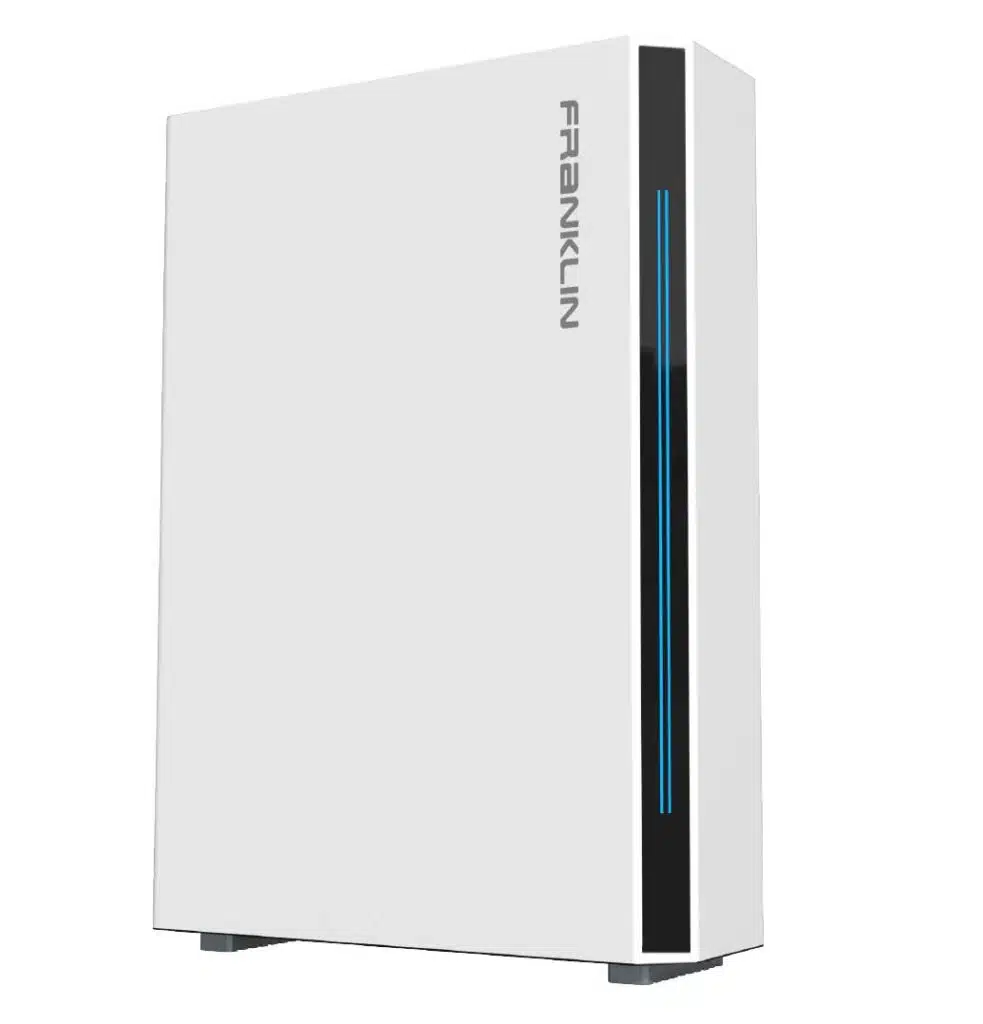
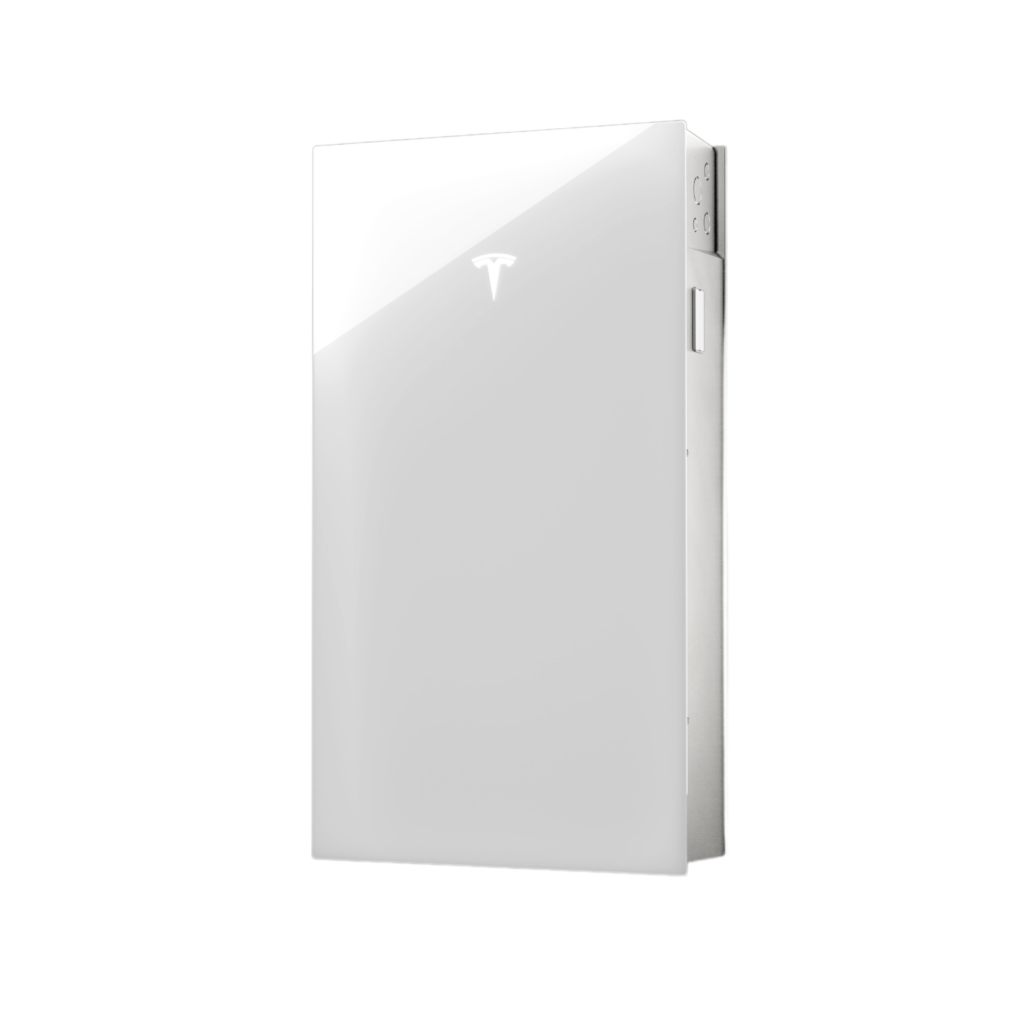
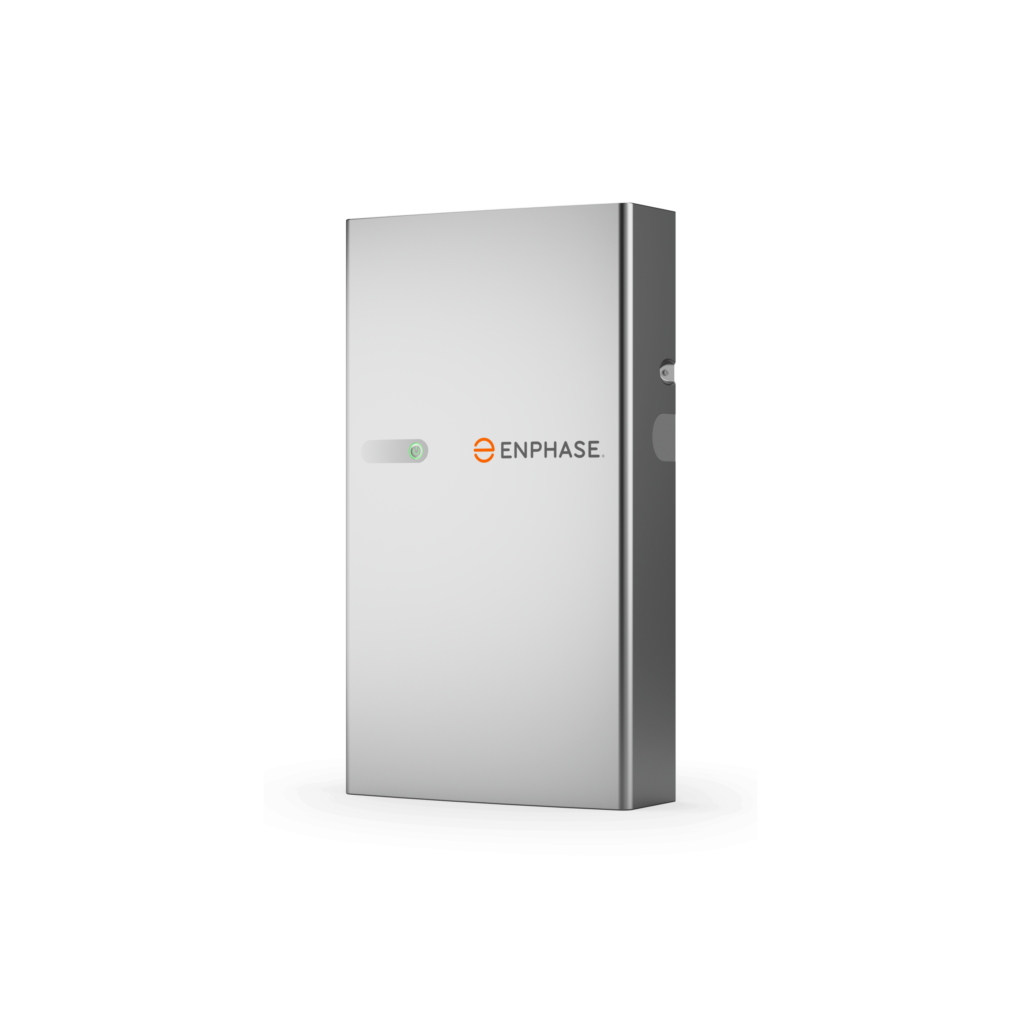
3. Homes Without Backup Battery
If you don’t have a battery backup, preparing your solar system for the hurricane requires a slightly different approach:
- Grid Shutdown: Without a backup battery, your solar system will shut down when the utility grid goes offline, and it won’t turn back on until the grid is restored, even during daylight hours.
- Preventing Voltage Spikes: To protect your solar inverter and electrical system from power surges, shut off the breaker to the solar panels when the weather worsens. This creates a physical disconnect from the grid and can help preventing damage from voltage spikes if utility equipment fails nearby.
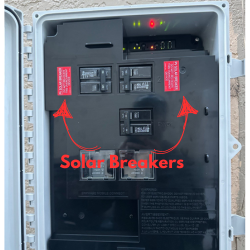
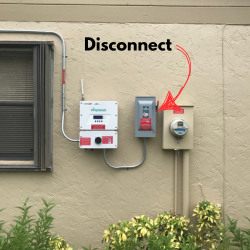
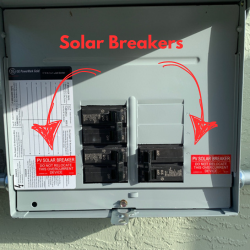
4. Additional Considerations
- Flooding Concerns: Battery packs like Tesla and FranklinWH are sealed to withstand flooding up to about 66% of their height. While these systems are designed to keep functioning during floods, ensure that they are not fully submerged. Some legacy and new battery systems have a cabinet that is not completely sealed. In some cases the contacts on these batteries can be submerged and damaged in as little as 4″ of water. If your battery system has been submerged disconnect it at the breakers and the safety switch until it can be inspected by a licensed professional.
- Post-Storm Safety: After the storm passes, take photos of any damage for insurance purposes. Don’t attempt any repairs yourself, particularly with electrical systems. Solar panels can still generate electricity if exposed to sunlight, even if they are damaged.
- Roof and Panel Repairs: If your home or solar system is damaged, work with your roofer and solar installer to safely de-energize and repair the panels. Avoid contractors offering “free inspections” or those who claim to work under “government programs” without showing proper licensing.
5. Conclusion
As you prepare your home and solar system for Hurricane Milton, following these guidelines will help ensure your system is protected. The safety of your family is the top priority, but a well-prepared solar system can keep your home powered during and after the storm. For more specific advice or repairs, always contact a licensed professional.
Stay safe, and may you and your home weather the storm smoothly.

